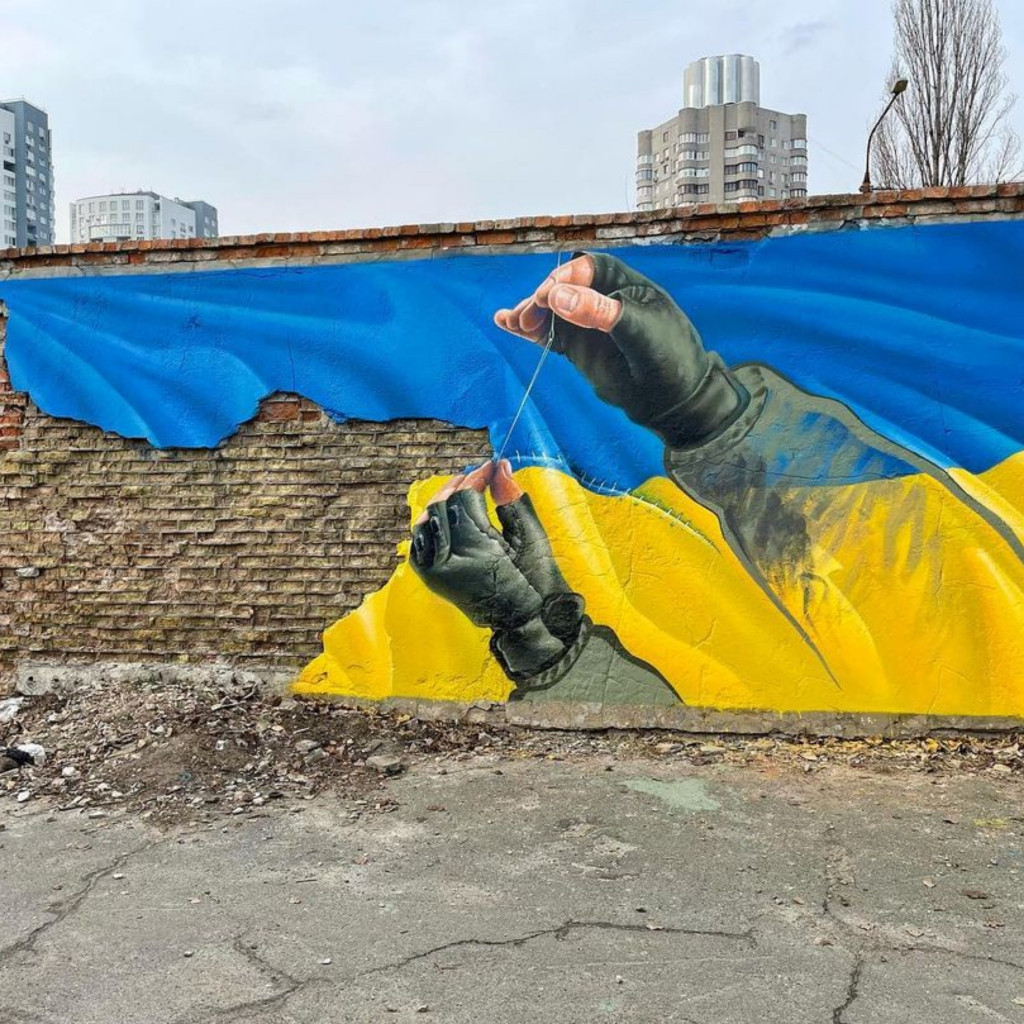Commentary
To be against imperialist oligarchies, give political form to class struggle
The conflict between ‘Great Russia’ nationalism and Ukrainian nationalism originated and unfolded in an increasingly self-fueled manner. They arise from the need for Russian and Ukrainian oligarchies to find legitimacy for themselves on a terrain that would exclude reflection and struggle on the social question, on social democracy.

From the point of view of the conflicts that run through each country, there is no difference between miserly micro-nationalisms, large-scale nationalisms with a vocation for territorial imperialism, or larger, more “modern” nationalisms with a vocation for global imperialism.
As Marco Bascetta cogently pointed out on October 7, “nationalism means, almost exclusively (and in a return to the classical definition), the attempted erasure of the fractures and lines of conflict that run through society in each country, and its immense inequalities.”
In this context, having real knowledge/understanding of the present moment is impossible without an analysis of the new forms of imperialism and their unfolding in the post-Soviet system of international relations. In this context, the arguments for the “against and against” position advocated by Tommaso Di Francesco, likewise in il manifesto, at the beginning of the “special military operation” show themselves as even more valid. The war in Ukraine is unfolding as the place of revelation of a causal whole and a horizon of possibilities that plays out on temporal and spatial scales that are very different from those of the immediate contingency. Pope Francis said that “it is a mistake (…) to think that this is just a war between Russia and Ukraine. No: this is a world war.” Every serious analysis leads to these conclusions: we are facing a world war that (for now) is being fought on Ukrainian soil.
It is a world war with two protagonists: Putin’s Russia and the U.S. with its NATO-EU retinue. Other wars can be fought within this framework as well. In short, a fertile ground for the repeated return of Gavrilo Princip, the student whose act of political assassination started World War I.
The conflict between “Great Russia” nationalism and Ukrainian nationalism originated and unfolded in an increasingly self-fueled manner, showing a mirror-like character. They are both the fruit of the need of the dominant oligarchies in the Russian Federation and Ukraine to find strong legitimacy for themselves on a terrain that would exclude reflection and struggle on the social question, on social democracy.
It is an ideological terrain on which the Russian and the Ukrainian poor can feel as if they are equal to their oligarchs. This is the only project of equality that those oligarchies are able to propose to the peoples which they dominate rather than govern. Putin was the Gavrilo Princip here, whose invasion turned a low-intensity conflict into the horrendous carnage taking place before our very eyes – and he did not come with any message of justice, much less social justice. Putin is the representative of oligarchies that, on the basis of completely unregulated capitalist relations, centralize their sky-high profits on the back of the very extensive areas of poverty that exist in the Russian Federation.
The warring parties are not standard bearers for alternative economic-social models. In the clash between the idea of a world with multiple imperialisms advocated by Putin and the mono-imperialism doggedly defended by the U.S. and its followers, all those that find themselves in a subaltern condition, no matter at which level, are sure to come out the losers. Even the most ardent nationalists will not escape that fate.
In the EU, readily aligned with the U.S.-NATO to the point of being indistinguishable from it, these effects will be particularly noticeable, as they already are. It remains true that in the EU, despite the sharp retrenchment of the “inglorious 30 years,” the presence of the welfare state has not yet been eliminated. Now, however, the loss of what little political autonomy some parts had tried to build, and the associated economic subordination to the interests of the Great Ally, will quickly bring us further into lockstep with the U.S. social model.
Our side, very weak as it is, has to find suitable tools “against” both Putin’s imperialism in its archaic forms as well as “against” the modern and at the same time traditional mono-imperialism of the United States. It will be able to play a role mainly by fighting “against” our own oligarchies.
The ongoing war is the most important issue on the current political agenda. So much for the Draghi agenda. We can only deal with it by giving concrete form to “the only specter still hovering, very timidly, over Europe,” namely the class struggle. This must become the hard core of all projects for the revival of the left.
However, on the horizon we see that empty verbiage still prevails, around the “repositioning” of those who have eliminated that core from their analytical and political worldview.
Originally published at https://ilmanifesto.it/contro-contro-e-ancora-contro on 2022-10-13
